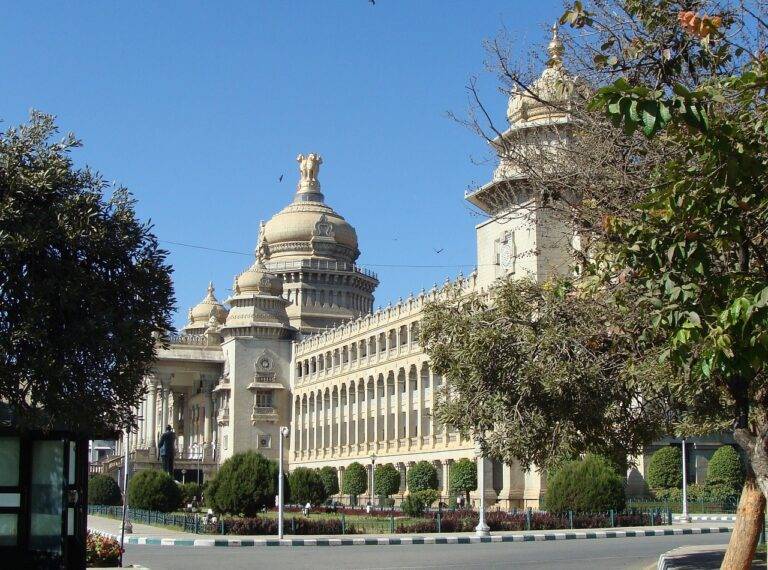Youth Participation in Electoral Processes
Youth participation in electoral processes is crucial for ensuring a vibrant and inclusive democracy. By engaging young people in the voting process, we can help shape policies and decisions that directly impact their lives and future. Their perspective brings fresh ideas, innovative solutions, and a different outlook that can enrich the political landscape and foster positive change in society.
Furthermore, involving youth in elections helps promote a sense of civic duty and responsibility from an early age. By encouraging them to participate in the democratic process, we empower young individuals to become active and informed citizens who are invested in the well-being of their communities and are more likely to stay engaged in political activities throughout their lives. This, in turn, strengthens the foundation of democracy and ensures that the voices of all members of society, including the youth, are heard and represented.
Barriers to youth participation in electoral processes
Youth participation in electoral processes is crucial for a thriving democracy, yet various barriers often hinder their engagement. Limited access to information about voting procedures and candidates can leave young people feeling uninformed and disinterested in participating in elections. Additionally, the lack of education on the importance of exercising their right to vote further deters youth from engaging in the electoral process.
Moreover, systemic barriers such as voter suppression tactics, complicated registration processes, and polling place accessibility issues can present significant challenges for young voters. These obstacles create unnecessary hurdles that can discourage youth from taking part in elections and ultimately silence their voices in the decision-making processes that shape their future.
Why is it important for youth to participate in electoral processes?
Youth participation in electoral processes is important because it ensures that the voices and perspectives of young people are represented in decision-making. It helps to create a more inclusive and diverse political landscape, and encourages young people to become active and engaged citizens.
What are some common barriers that prevent youth from participating in electoral processes?
Some common barriers include lack of political knowledge and awareness, limited access to information, voter registration requirements, apathy and lack of motivation, and a feeling of disconnection from the political system.
How can these barriers be overcome to increase youth participation in electoral processes?
To overcome these barriers, efforts can be made to increase political education and awareness among young people, simplify voter registration processes, provide more accessible and engaging information about candidates and issues, and create opportunities for young people to have their voices heard in the political process. Additionally, addressing systemic issues such as discrimination and inequality can also help to increase youth participation in electoral processes.





